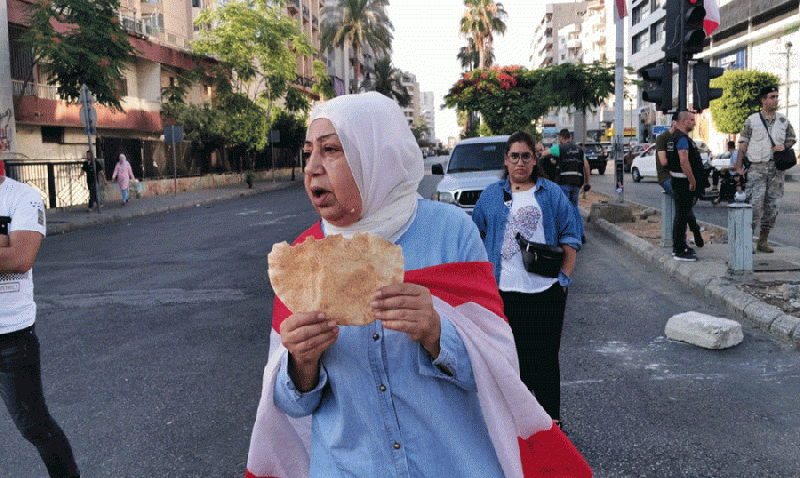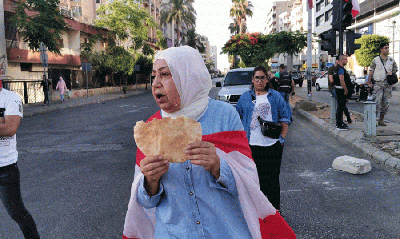The parliamentary elections have concluded, and daily life in Lebanon has returned to its previous state, now marked by a renewed crisis in fuel supplies such as gasoline, gas, and diesel. Here, we refer to the crisis of price determination rather than a lack of oil derivatives, along with the recurring scenes of long lines outside bakeries. "Um Faiz," a resident of Zgharta in northern Lebanon who manages a fruits and vegetables store in Jdeideh, granted one of her regular customers a loaf of bread without him requesting it, saying, "Take it, bread will run out, according to what I learned from the distributor who supplies the bread every morning to the store."
The problem of securing energy, particularly electricity, is also exacerbating, with rising monthly generator bills for consumers, and the majority of generator owners, as well as private electricity production companies, such as those in Jbeil and Zahle, resorting to imposing severe power cuts to avoid burdening subscribers with financial costs they cannot shoulder.
The luxury that accompanied the days and weeks leading up to the parliamentary elections on May 15 has ended, and crises have reemerged all at once, becoming the focal point of the local Lebanese scene. This includes long lines of cars outside gas stations, citizens rushing to refill their household gas cylinders, and the sharp rise in the US dollar exchange rate, which has increased from an average of 20,000 Lebanese pounds to 30,000 pounds for one dollar in just a month and a half.
"The coming is greater," says the Syrian butcher Abdou, who works at a butcher shop in the coastal region of Metn, referring to the rising prices of meat. The living crisis is also expected to extend to the telecommunications sector, with private companies raising the rates for mobile and internet services.
"We are facing a crisis of prices, not a shortage of goods," repeats Bassam, the owner of two gas stations in the Kasrouan and Jbeil regions. The same statement is echoed by several supermarket owners who point to the absence of certain items from the shelves as they prepare to showcase prices based on the soaring dollar exchange rate.
Thus, the electoral luxury of candidates offering generous assistance to a considerable number of voters, by paying off overdue school fees, medical bills, generator subscriptions, and filling fuel for the transport of workers in the candidates’ electoral machines, has ended.
The “summer worry” is returning to the minds of most citizens, concerning how to cover generator bills as summer approaches, with expectations of rising costs due to running cooling appliances to cope with the heat. Phrases like, “Survival (meaning resilience) is for those who can secure their salary in foreign currency, and God help those who have no path to dollars,” have reemerged in discussions.
Jewel Riachi - Al-Anbaa Kuwait




